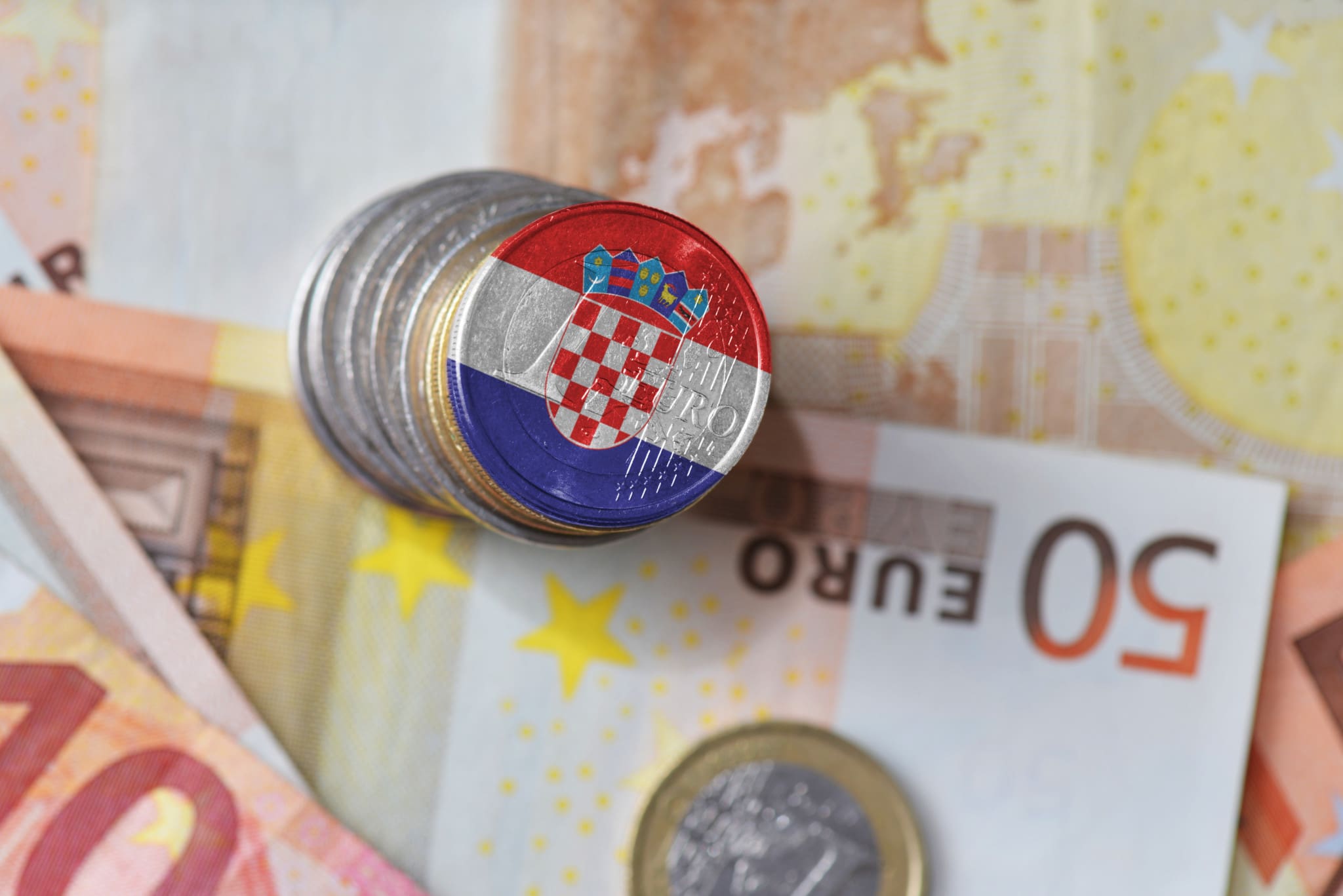Despite questionable success in other southern European countries following the introduction of the euro, Croatia is preparing to adopt the currency on Jan. 1, 2023, Croatian Prime Minister Andrej Plenković said on Monday at the 11th meeting of the National Council for the Introduction of the euro,
“We have approached the process in a very structured and prudent manner, we believe we will be able to meet all the conditions we have agreed to in the exchange rate mechanism on time,” the prime minister said.
There are undoubtedly benefits to the euro. It is widely seen as providing a stable exchange rate and reduces borrowing costs for countries. Yet, that success is not universal.
Other Mediterranean countries, such as Greece, have seen a sharp reduction in their economic competitiveness following the introduction of the euro. With Spain and Greece unable to devalue their currency, their industrial sectors suffered major blows. In the end, these countries were unable to compete with countries like the Netherlands and Germany on a level currency playing field when it came to exports.
Croatia appears to moving ahead with the plan, while other export-focused countries like Hungary have made it a point to keep their own currencies in order to keep their industry alive. There has been pressure to adopt the euro currency in countries like Czechia, but most financial institutions and experts in the country agree that the move would be shortsighted, especially with countries like Czechia and Hungary seeing far higher growth than eurozone economies that have stagnated.
Croatia must meet Maastricht criteria
The meeting in Croatia to adopt the euro currency was also attended by Valdis Dombrovskis, Executive Vice President of the European Commission and Commissioner for Trade. Dombrovskis emphasized that the Croatian government had a strong political will and set itself ambitious goals, according to Hungarian news outlet Mandiner. The commission supports the efforts of the Croatian government and its institutions to join the eurozone, which must meet all the Maastricht criteria, he said.
“The Croatian economy is beginning to recover and will receive support from the European Union’s Recovery and Flexibility Instrument,” Dombrovskis said, adding that Croatia is the largest user of EU budget resources, accounting for 11.6 percent of its gross domestic product (GDP). Croatia applied for membership of the European Exchange Rate Mechanism (ERM-II) in early July 2019. To adopt the euro, a country must meet all the Maastricht criteria.
These criteria include inflation no higher than 1.5-percentage points above the average of the inflation rates of the three member states with the highest price stability, the annual general government deficit must not exceed 3 percent of gross domestic product (GDP), gross government debt must not exceed 60 percent of GDP and the interest rate on long-term loans must not exceed 2-percentage points higher than in the three most price-stable countries.
Finance Minister and Deputy Prime Minister Zdravko Marić recalled that in 2020, the general government deficit as a share of GDP was 7.8 percent, but this year it will be halved to 3.8 percent.
Marić said that in 2022 he expects a general government deficit of 2.6 percent in accordance with the Maastricht criteria, which will decrease to 1.9 percent in 2023 and 1.5 percent in 2024. The general government deficit also led to an increase in gross government debt last year, which accounted for 88 percent of GDP, Maric said.
According to the head of the ministry, this rate will decrease to 86.6 percent in 2022, 83.6 percent in 2023, and 76.8 percent in 2024.
Some countries have manipulated debt data, inflation, and other economic figures in order to gain entry into the eurozone, such as Greece.
Title image: Current proposals for Croatian Eu coins. (source: Croatian National Bank)






